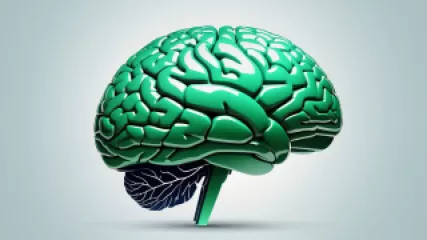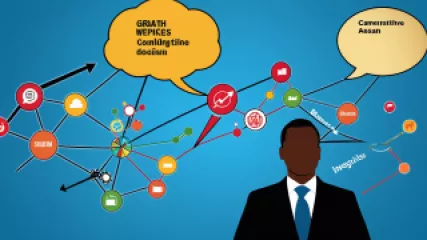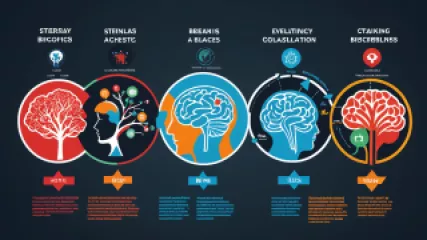My Journey to Behavioral Change: Overcoming Challenges and Improving Mental Health
1 year ago
Behavioral Change
The Ultimate Guide to the Psychology of Gambling
1 year ago
Psychology of Gambling
Top 10 Mental Health Advocacy Initiatives to Support
1 year ago
Advocacy in Mental Health
Overcoming Cognitive Biases: A Crucial Step Toward Rational Thinking
1 year ago
Cognitive Biases
The Case for Behavioral Change: Embracing Mental Health Improvement
1 year ago
Behavioral Change
How to Overcome Shyness: 7 Proven Strategies
1 year ago
Overcoming Shyness
Unraveling Overeating Habits: A Research Summary
1 year ago
Eating Habits
How to Overcome the Victim Mentality: 5 Self-Improvement Strategies
1 year ago
Overcoming Victim Mentality
How to Overcome the Psychology of Gambling Addiction
1 year ago
Psychology of Gambling
Exploring Critical Thinking: Understanding Cognitive Biases
1 year ago
Cognitive Biases
What is the Best Way to Find Bereavement Support Online?
1 year ago
Bereavement Support
10 Powerful Advocacy Strategies to Improve Mental Well-being
1 year ago
Advocacy in Mental Health
Overcoming Anchoring Bias: A Step-by-Step Guide
1 year ago
Cognitive Biases
Uncovering the Insights: A Research Summary on Cognitive Biases
1 year ago
Cognitive Biases
10 Best Online Grief Counseling Services for Bereavement Support
1 year ago
Bereavement Support















